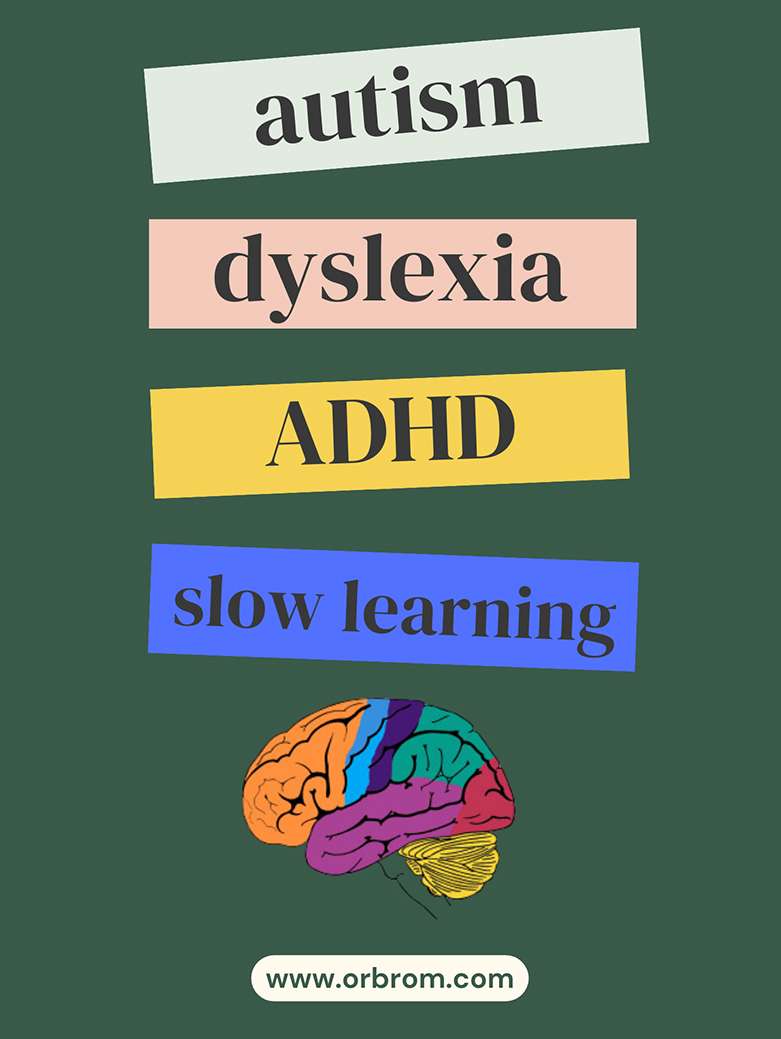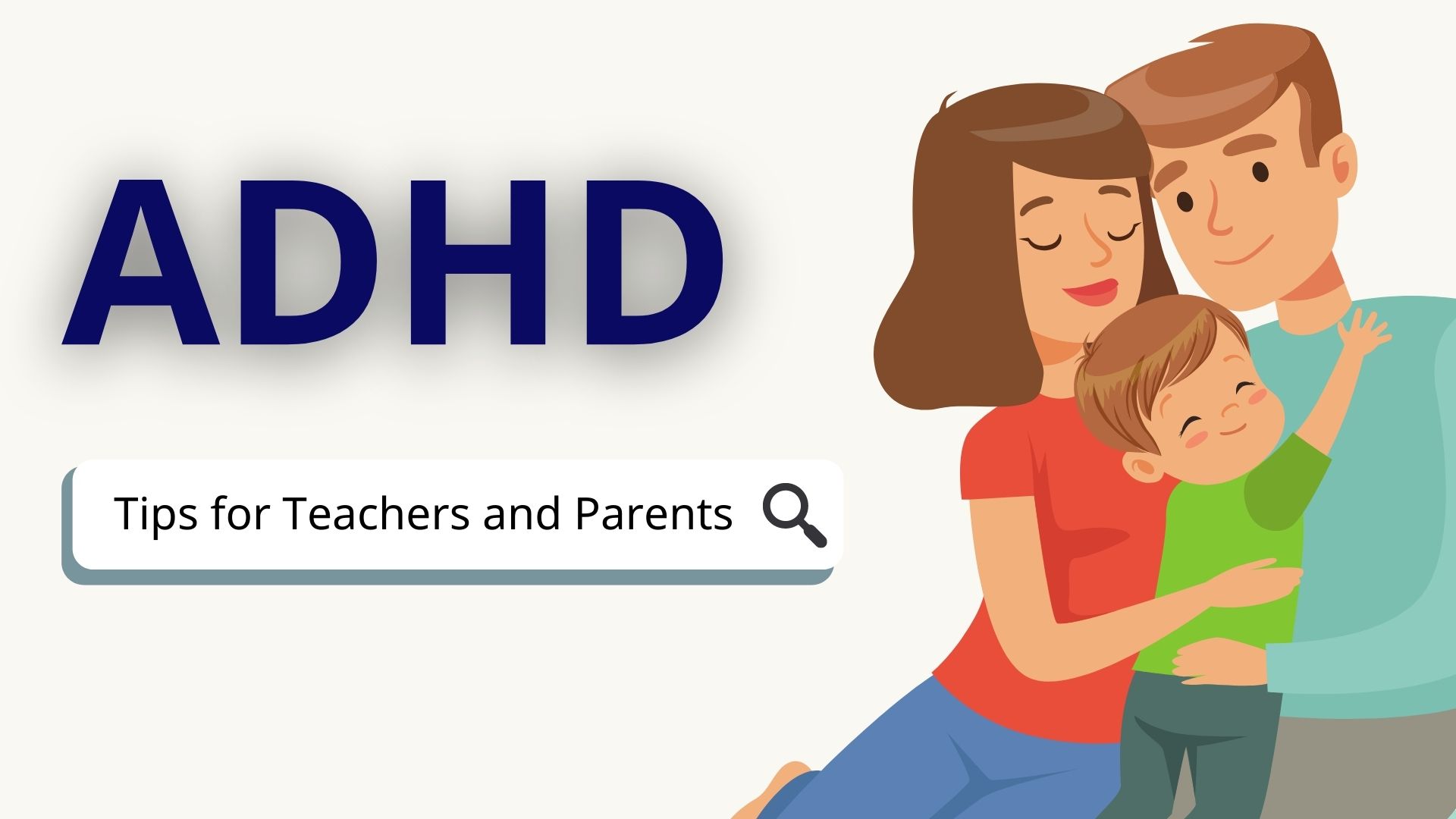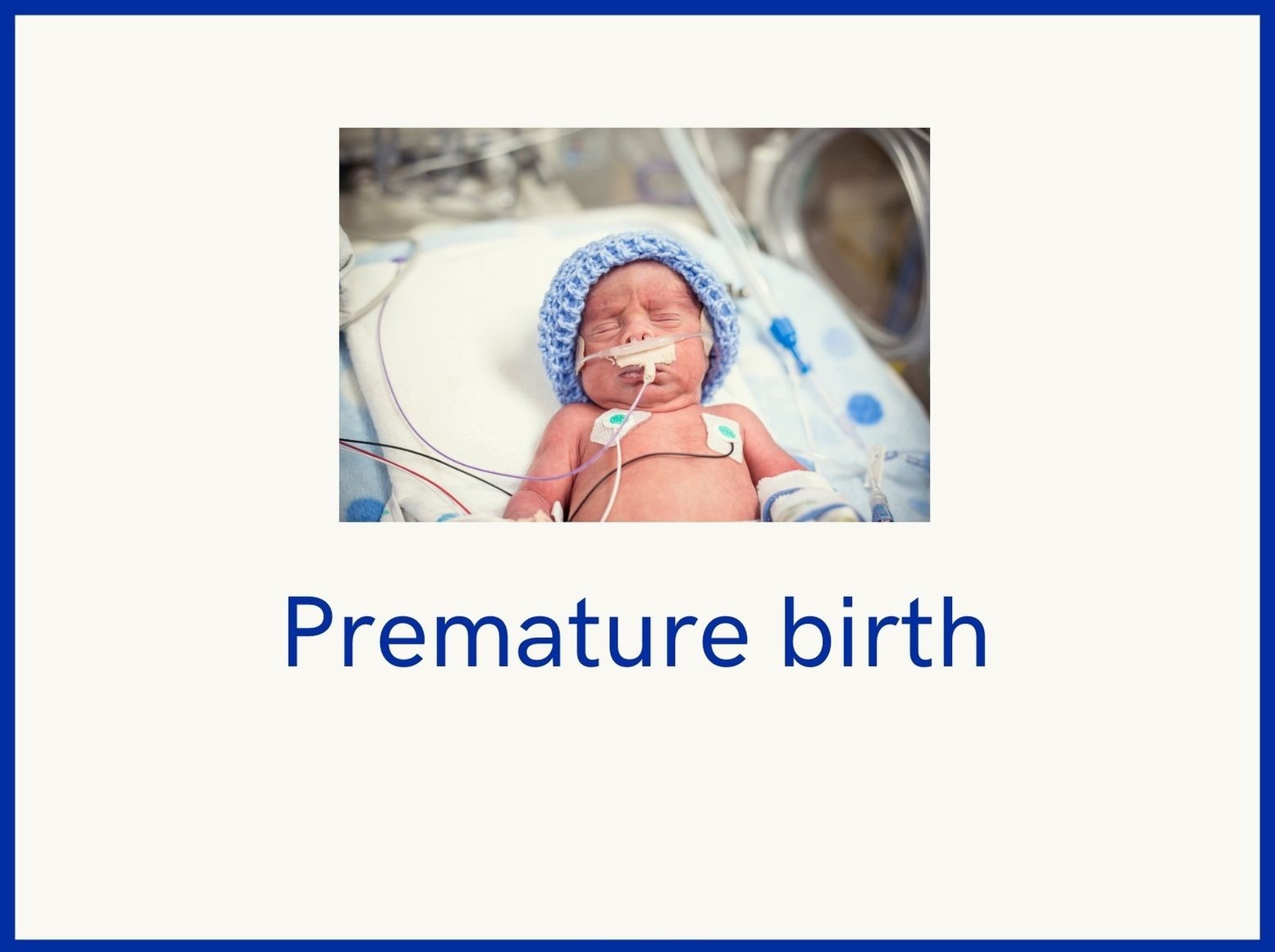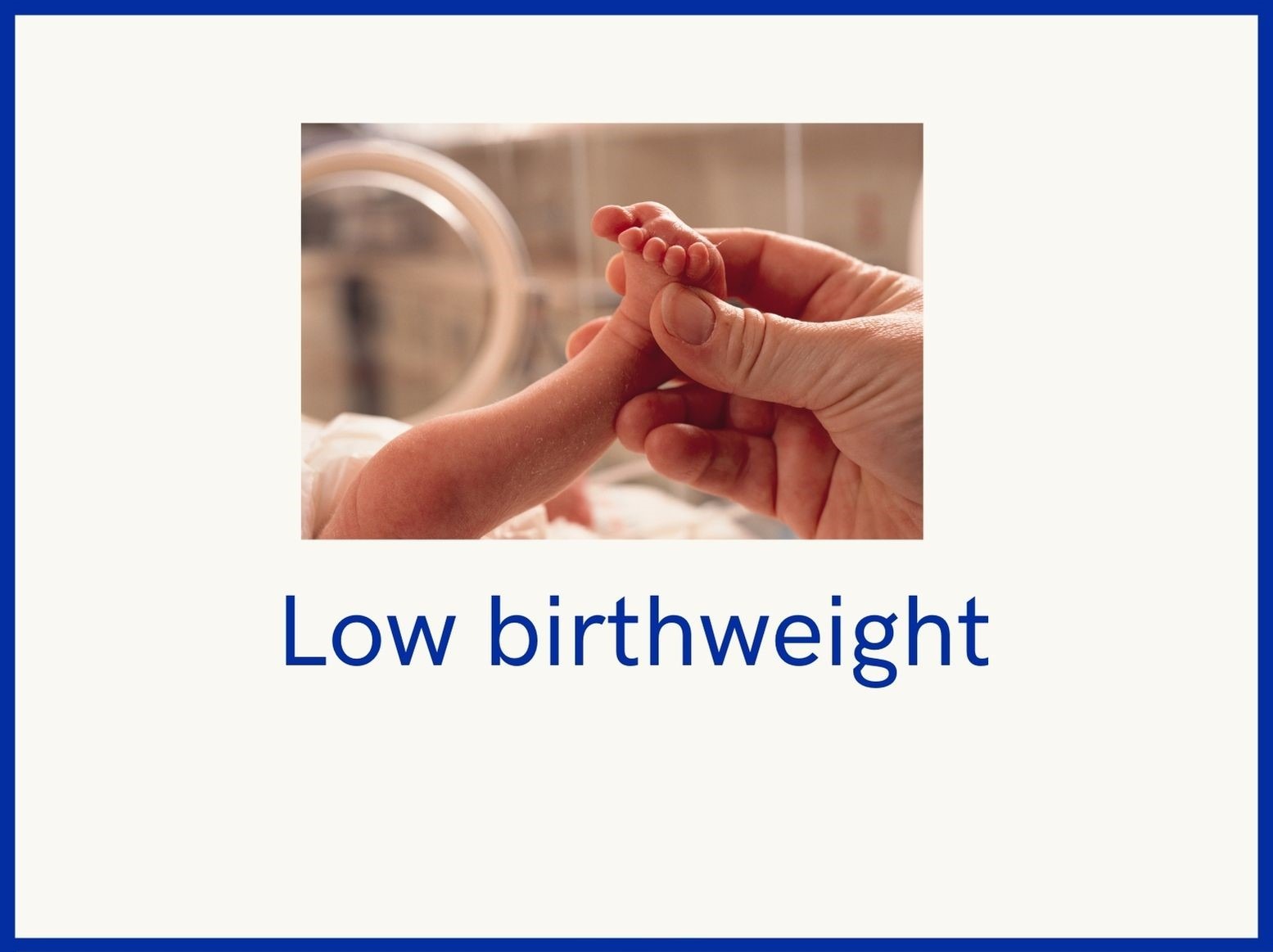Services for Autism, ADHD, Dyslexia, Spelling Difficulty, social and slow learning, Down Syndrome, and Selective Mutism. OrbRom is the best option in Phnom Penh.
If you are concerned about your child’s development, Contact OrbRom Center for Assessments.
Phone/Telegram: 077.455.993
Telegram Link: https://t.me/OrbRom
ADHD Attention Deficit Hyperactivity Disorder
What Is ADHD? Symptoms, Causes, Tests, Treatment, and More
What is [ADHD] Attention Deficit Hyperactivity Disorder?
A condition that influences people’s behavior in focusing, staying still and making decisions is known as Attention Deficit Hyperactivity Disorder [ADHD]. People with ADHD are usually very impulsive and hyperactive that it makes them restless and difficult in concentrating in general. ADHD can affect individuals of any intellectual level, although it is more common in those who have learning challenges.
Causes of Attention Deficit Hyperactivity Disorder [ADHD]
Causes of Attention Deficit Hyperactivity Disorder [ADHD]
Although the actual root of ADHD is not identified, it has been established that this condition often runs in families.
Researchers have also discovered several potential abnormalities in the brains of individuals with ADHD compared to those who do not have the disorder.
Other variables that have been hypothesized to contribute in ADHD include:
- Premature birth
- Low birthweight
- Cigarette, drug or alcohol consumption during pregnancy
Common Traits
Attention deficit hyperactivity disorder [ADHD] are divided into three main categories.
- Inattentive symptoms
With the inattentive symptoms, a child:
- pays little attention to details and makes unnecessary errors
- has trouble following directions and completing activities such as schoolwork or housework
- has problems with focusing
- is quickly disturbed
- is easily sidetracked by little events
- avoids things requiring heavy mental effort, such as studying or doing homework
- does not appear to pay attention when talked to
- has difficulty keeping things in order or completing tasks on time
- frequently misplaces items such as homework, pencils, books, wallets, or keys.
- Hyperactive and impulsive symptoms
With Hyperactive and impulsive symptoms, a child:
- wiggles and seems to need constant movements
- chase around and unaware of situations that are dangerous
- is constantly moving
- Is impatient in joining in activities with peers
- speaks constantly and excessively
- finds it hard to sit in one place
- is eager and refuses to wait for a turn
- answers questions before they are completed
- disrupts others’ discussions or games, or takes items without permission.
- The combination of both
With the combination of both, a child may demonstrate the symptoms of type 1 and type 2.
Educational Challenges
ADHD can cause problems for individuals such as concentrating, paying attention, listening, or putting out effort in academics. It can also make students with ADHD to be fidgety, restless, speak excessively, or disturb the classroom. Children with ADHD may also demonstrate learning impairments, causing them to struggle in school.
The majority of children with ADHD begin school before being diagnosed with the condition. Teachers are often the first to discover potential ADHD symptoms. They might discuss it with the parents of the students. The parent can then get the child evaluated by a doctor to check whether the problem is ADHD.
ADHD, Tips for Teachers and Parents
Teachers concentrate on your child’s requirements. Students with ADHD are unique. Some people may require assistance with sustaining attention and distractions. Some others might need you to help them with the organization. Notice students in the classroom so that you know what you can do to assist your child with their learning.
Students with ADHD may also benefit from:
- placing in a seat with fewer distractions.
- being given clear and succinct directions.
- simple classroom rules and norms.
- being recognized and rewarded for their efforts.
- being supported with organizational tasks.
- being given enough time to slow down.
- being reminded to keep on track.
- being able to wander about the classroom during breaks.
- being given additional time to accomplish tasks.
For Parents, to help your child you should:
- help them to have a balanced and healthy diet
- give them at least 60 minutes for daily physical exercise
- help them to get enough of sleep
- limit daily screen time (phones, laptops, and television)
Share This Story, Choose Your Platform!
Services for Autism, ADHD, Dyslexia, Spelling Difficulty, social and slow learning, Down Syndrome, and Selective Mutism. OrbRom is the best option in Phnom Penh.
If you are concerned about your child’s development, Contact OrbRom Center for Assessments.
Phone/Telegram: 077.455.993
Telegram Link: https://t.me/OrbRom






